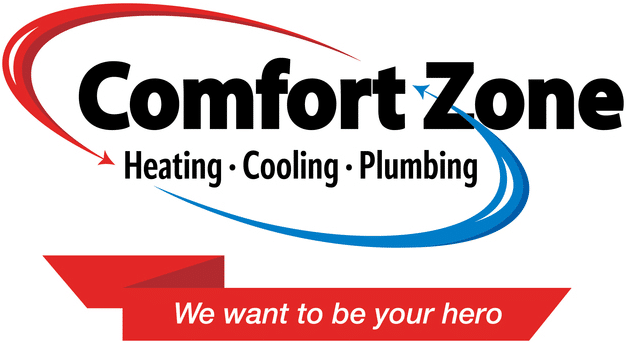Chances are you use disposable air filters in your forced air HVAC system. These are far and away the most popular types, but there is a reusable option: electronic filters. And, no, they don’t require a power source to operate, as the name might suggest.
Disposable vs. Electronic Filters: How They Work
Whether flat or pleated, you can think of disposable HVAC air filters working much like a simple screen on a window. Particles that are larger than the pores of the filter material get trapped on or within the filter and are prevented from passing through to the blower motor. But particles that are smaller than the pores can flow right through. Whatever the MERV rating, disposable filters work on this basic screening principle.
In contrast, you can think of electronic filters as working kind of like a magnet. When air passes through the filter material, it creates an electrostatic charge that attracts and holds onto airborne particles, such as dust and pet dander. (Remember the trick when you were a kid where you would rub a balloon and stick it to a wall? That’s an electrostatic charge at work.)
Like disposable filters, electronic – or electrostatic – air filters vary in MERV rating.
Is Switching to an Electrostatic Air Filter a Good Choice for You?
If you’re like the many Atlanta homeowners who are looking for eco-friendlier alternatives to the everyday things we use, switching to a reusable electrostatic filter may sound like a no-brainer. However, we want you to be aware of the pros and cons, so you can make an informed decision.
The Top 3 Upsides of an Electronic Filter
- A single filter can last 7 or more years. (Disposable filters need to be changed every 4 to 6 weeks.)
- Over its lifespan, a reusable filter costs far less than disposable filters.
- It’s a more eco-friendly alternative.
The Top 3 Downsides
- An electronic filter needs to be washed every 4 weeks.
- Drying time can take 15 to 30 minutes.
- When not thoroughly cleaned and dried, the filter can become a breeding ground for bacteria and molds.
If you still have questions about electronic air filters, talk to your HVAC tech at your next heating or cooling service, or get in touch with us by phone, email, or chat.
